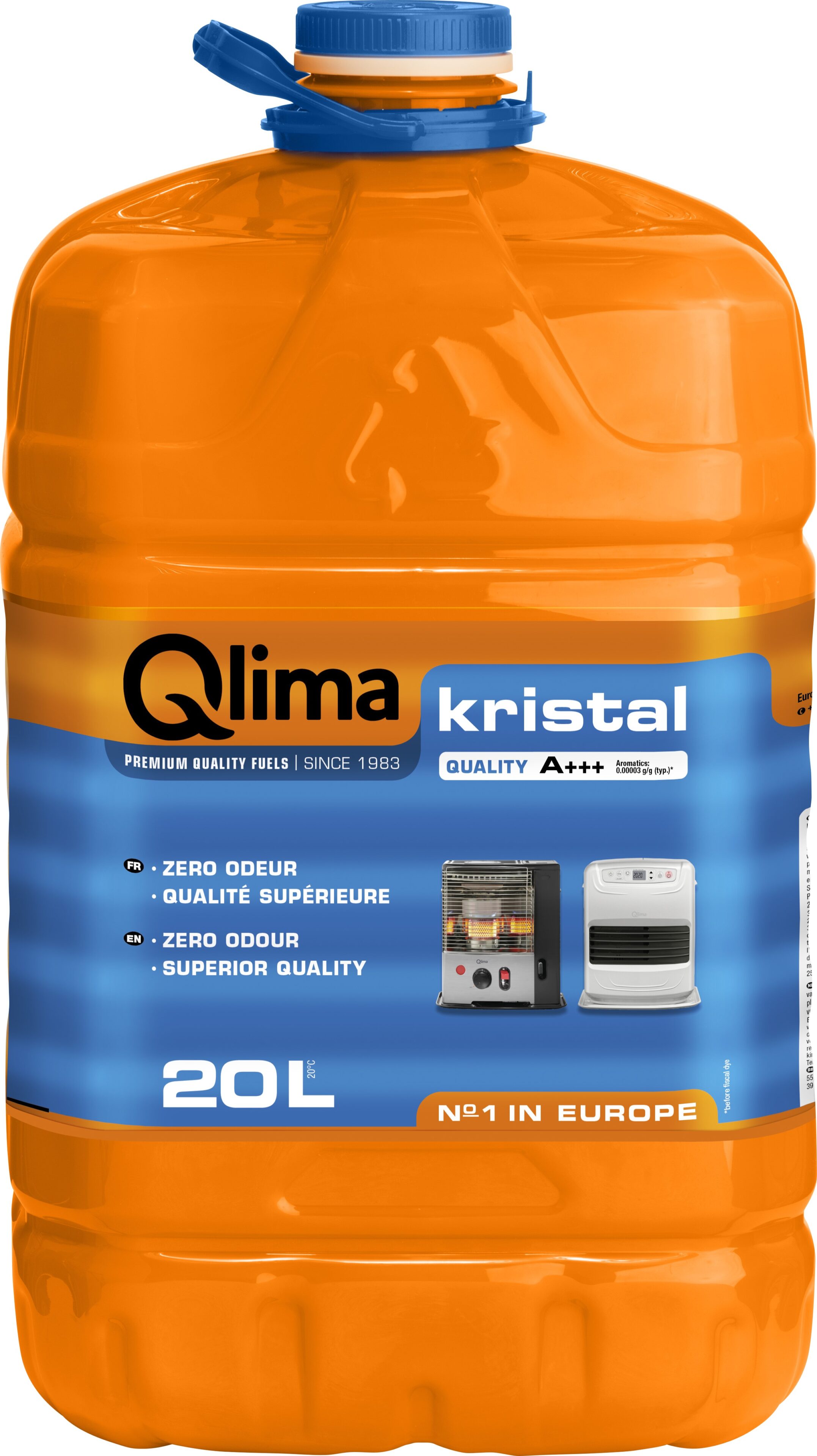
Plastipak, a global leader in the design, manufacturing and recycling of plastic containers, announced today the creation of the lightest preform solution for a 20 liter stackable container in the European market, which will eliminate around 200 tons of CO2 emissions each year. As partner in the project, PVG Liquids carried out the validation of the light weight stackable container.
“At Plastipak, sustainability is at the heart of everything we do. Our research and development team has been tirelessly searching for effective solutions to reduce our carbon footprint along every step of the supply chain,” said Filip Petrovic, the business development manager for Plastipak Europe. “Creating light-weight solutions that require fewer raw materials and carbon emissions to produce is just one of the many ways we safeguard the planet for future generations.”
Plastipak, in partnership with PVG Liquids, engineered this innovative packaging solution to require significantly less PET per container, leading to a 500-ton reduction in PET usage annually compared to the original 500g preform.
The new stackable container weighs only 375 grams, beating Plastipak’s previous record of 390 grams, and outpacing the industry standard — a 480-gram container.
Plastipak originally developed a 500 gram preform to serve its client’s needs more than a decade ago. As part of a broader plan to increase sustainability across the supply chain, Plastipak and PVG Liquids began to refine the product and search for ways to reduce the material used without compromising the product’s utility and quality. A breakthrough in the geometric design of the package allowed the company to create a 375-gram package in April. Thanks to the expertise of PVG Liquids of blowing and management of big containers, the packaging has been successfully validated across the entire supply chain, surpassing PVG’s rigorous storage, stability and transportation tests and trials.
“At PVG, we have been working since 2006 on the improvement of packaging, searching the best way to use the least material possible,” stated PVG’s actual CEO, Kristin Gehre. “Changing to PET was a huge step in 2008 when I was leading the project. Since then, we’ve brought improvement after improvement to our market. Thanks to the partnership with Plastipak, we’ve been able to reduce the environmental impact of our packaging in a substantial way.”
The best-in-class preform requires low-crystallinity resin to guarantee the high quality of the final product, which is produced at Plastipak’s Verbania, Italy plant. In order to prevent excess emissions from transporting the resin to other facilities, the Verbania plant houses the entire production process for these preforms. Additionally, the solution’s advanced geometric design makes the preform a strong candidate for post-consumer resin. Plastipak has already successfully created the 375-gram preform using 10% recycled PET. The preform itself is also a great candidate for Plastipak’s low environmental impact resin, PPKNatura, developed by leveraging LanzaTech’s Carbon Capture and Transformation technology, which significantly reduces the carbon footprint and fossil fuel usage of the final packaging, and contributes to reducing the partner’s scope 3 emissions.
Although Plastipak originally created the lightweight solution in partnership with PVG Liquids to use as a container for combustible fluids, the new preform can be broadly used across multiple industries. For example, because the lightweight preform is built using food-grade PET and has a 63 mm neck finish, the packaging is well-suited for use in industrial kitchens such as for storing olive oil. Plastipak is willing and able to accommodate a variety of client packaging needs for similar lightweight solutions for organizations looking to reduce their environmental impact.






